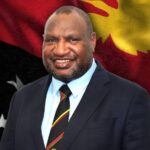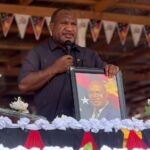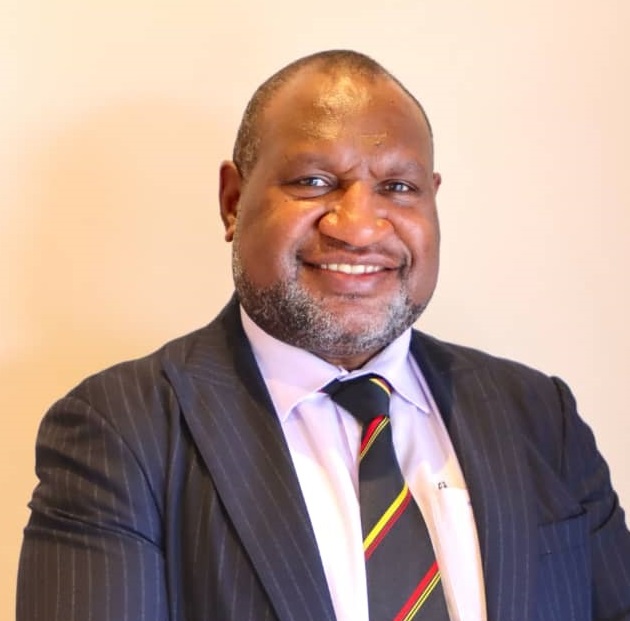Prime Minister James Marape has issued an apology to small third- level airlines affected by ongoing fuel shortages and called for immediate action to address the fuel supply monopoly in Papua New Guinea. He described the situation as unacceptable and urged Puma Energy, the country’s sole fuel supplier, to demonstrate greater corporate responsibility by ensuring fuel availability for all sectors, particularly small aviation operators.
“I want to offer my sincerest apologies to the small third-level airlines struggling due to the lack of aviation fuel,” Prime Minister Marape said.
“It is deeply frustrating that we continue to be held to ransom by a monopoly on fuel supplies in our country. This situation is unacceptable, and we are taking steps to address it.”
The Prime Minister highlighted that the government began work last year on alternative fuel supply options and storage infrastructure to reduce dependency on a single supplier and secure the country’s fuel needs.
“This alternate fuel storage and supply system is expected to be completed by mid-year, around September 2025,” he said.
In the meantime, the government is working with the Central Bank, Puma Energy, and the Ministry of Petroleum and Energy to support small airlines impacted by the crisis.
“We have asked the Central Bank, Puma, and the Energy Minister to explore ways to assist small airlines during this period. I commend Air Niugini, which has worked with other state enterprises to find alternative supply solutions to keep the sector running,” Prime Minister Marape said.
Prime Minister Marape issued a strong appeal to Puma Energy to fulfill its duty of care to the people and businesses of Papua New Guinea, given its monopoly position in the fuel supply chain.
“Puma Energy has enjoyed a monopoly on fuel supply in Papua New Guinea for too long. With that privilege comes a responsibility to the people and businesses of this country. I urge Puma to step up and ensure fuel is available to all sectors, particularly small airlines that are vital to connecting our remote communities,” he said.
The Prime Minister also addressed the foreign exchange (forex) challenges impacting Puma’s ability to import fuel, highlighting the government’s efforts to ease these constraints.
“The government has taken steps to improve forex availability through the Central Bank and commercial banks. As the largest consumer of forex in our country, Puma must do its part to ensure fuel supplies are maintained. Using the forex situation as an excuse to limit fuel imports is not acceptable,” he said.
Prime Minister Marape announced that the Petroleum and Energy Minister will convene an urgent meeting with Puma Energy, the Central Bank, and other key stakeholders to resolve the aviation fuel shortage affecting small airlines.
“The Energy Minister will call a meeting with all relevant parties to address why small third-level aviation fuel is not being imported and why small airlines are bearing the brunt of this crisis. We need immediate solutions to ensure fuel is available for these essential operators,” he said.
Prime Minister Marape issued a clear warning that the government will not hesitate to take stronger measures if the situation does not improve.
“Do not force the government’s hand to apply strong-arm tactics. That is not our first option, but if we are left with no choice, we will act to protect the people of Papua New Guinea,” he said.
Looking ahead, the Prime Minister encouraged new fuel suppliers to enter the Papua New Guinea market to break the monopoly and ensure a more competitive and reliable fuel supply.
“We are calling on potential new fuel suppliers to engage with the Ministry of Petroleum and Energy. Submit your capacity and capabilities, and we will assess how we can work together to diversify PNG’s fuel supply,” he said.
“This government is committed to breaking monopolies and securing a stable, reliable fuel supply for our country. We will continue to pursue long-term solutions to protect PNG from future fuel crises.”




